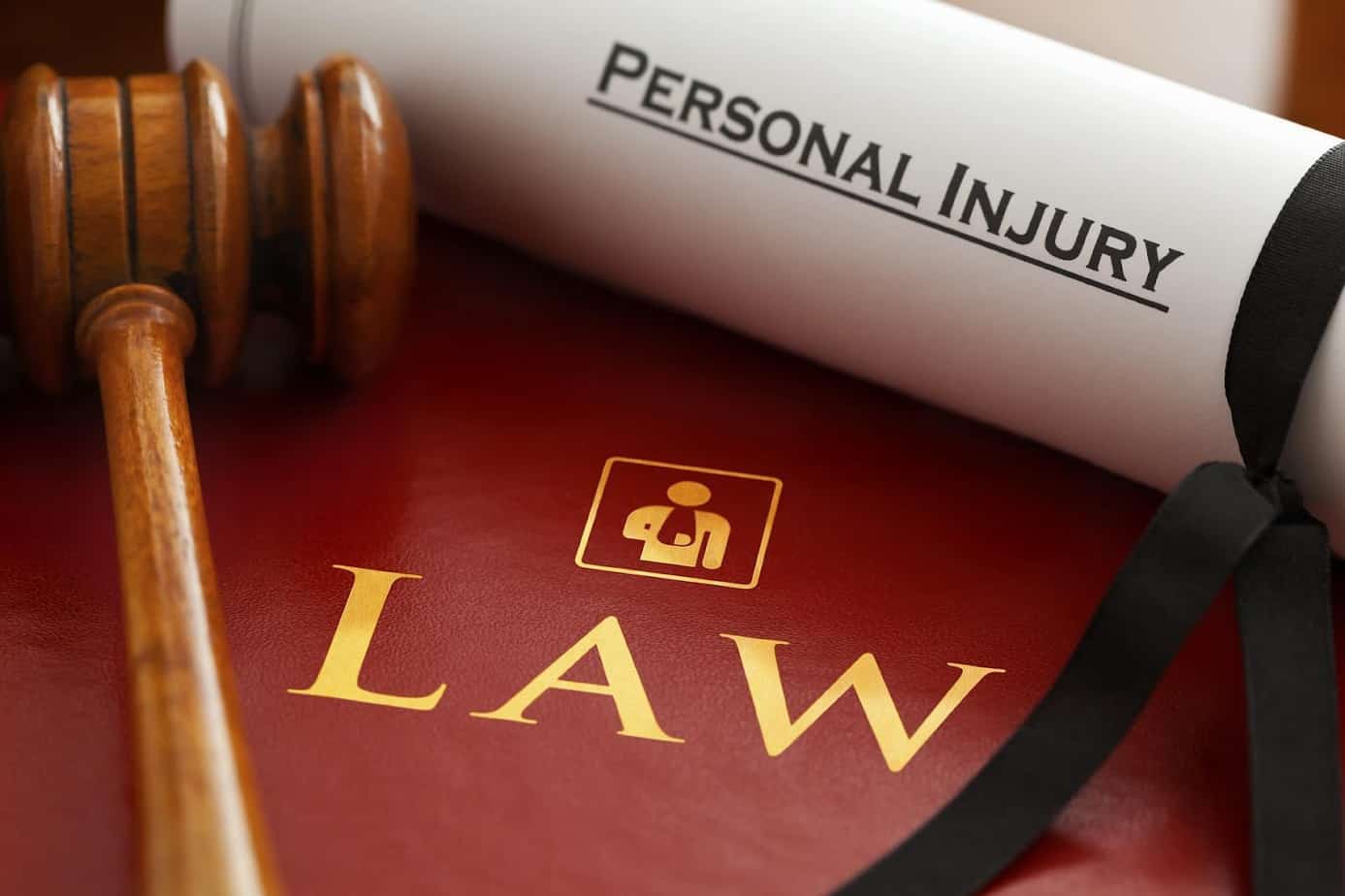Image source: https://pixabay.com/photos/lawyers-personal-injury-accident-1000803/
After an accident, you may have to deal with the loss of income, piling medical bills, monthly household bills, and school fees; the list can go on and on. As a result, you may feel like the injury claim is taking forever to conclude.
While there is no definite answer to how long a claims process will take, knowing what to expect and doing things the right way can help you tame your expectation. Below are the different stages your claim has to go through before getting the rightful compensation.
Hiring a Lawyer
A personal injury claims process can get very complicated for a layman making their chances of getting fair compensation slim. So it is best to involve a lawyer as the first step before you make any mistake that could jeopardize your chances of a fair outcome.
Talking to a lawyer immediately after an accident helps you establish if you have a valid personal injury case and understand your legal options. Your lawyer can also help clarify the timeline of a personal injury case and direct you where to find personal injury lawsuit loans as you await your settlement.
Investigations
Assuming you have taken care of your health, the claims process starts with the investigations. The investigation results help confirm if you have a valid personal injury case or not.
Because investigations often start right at the scene and immediately after an accident, you need to take pictures and video footage at the accident scene, if you can. If you can’t, ask someone to help you out or let your lawyer handle that.
Evidence collection can also include collecting witness testimonies and contacts, collecting the police report, and compiling your medical documents.
Filling a claim
Once you have your evidence and your lawyer determines that you have a valid case, they will go ahead and file a claim on your behalf.
The process starts by sending a letter to the responsible party or their insurer informing them of your intentions to seek damages. The other party then replies to the letter, after which the claim moves to the next stage, which is the discovery stage.
Discovery
In this stage, both parties exchange the evidence they possess and intend to use when justifying or denying the claim.
Discovery is more about establishing the strength of a case, and it helps determine whether the at-fault party will consider settling or going to trial. In this stage, both parties can sometimes conduct a witness deposition by interviewing the other side’s witnesses.
Negotiations and Mediation
The defendant and the plaintiff already know how strong or weak a case is at this stage. Your lawyer will defend the value of your claim while the opposing side will be looking to reduce it.
Negotiations often call for a bit of giving and taking because none of the teams want to go through the uncertainty of going to trial. In most cases, personal injury cases settle in this stage.
If the parties can’t agree, the court can appoint an independent mediator to help with ironing out their differences.
Trial
If mediation fails, the next option is going through a jury trial where both parties make a case before the judge and the jury. In the end, the jury will pronounce the defendant guilty or innocent.
If guilty, the jury may also determine the value of the settlement primarily based on the plaintiff’s lawyer valuation of damages.
Typically, a case can take one to two years to go through the claims process, from filing a claim to trial, where the claimant receives their deserved compensation.
Throughout the year, our writers feature fresh, in-depth, and relevant information for our audience of 40,000+ healthcare leaders and professionals. As a healthcare business publication, we cover and cherish our relationship with the entire health care industry including administrators, nurses, physicians, physical therapists, pharmacists, and more. We cover a broad spectrum from hospitals to medical offices to outpatient services to eye surgery centers to university settings. We focus on rehabilitation, nursing homes, home care, hospice as well as men’s health, women’s heath, and pediatrics.








